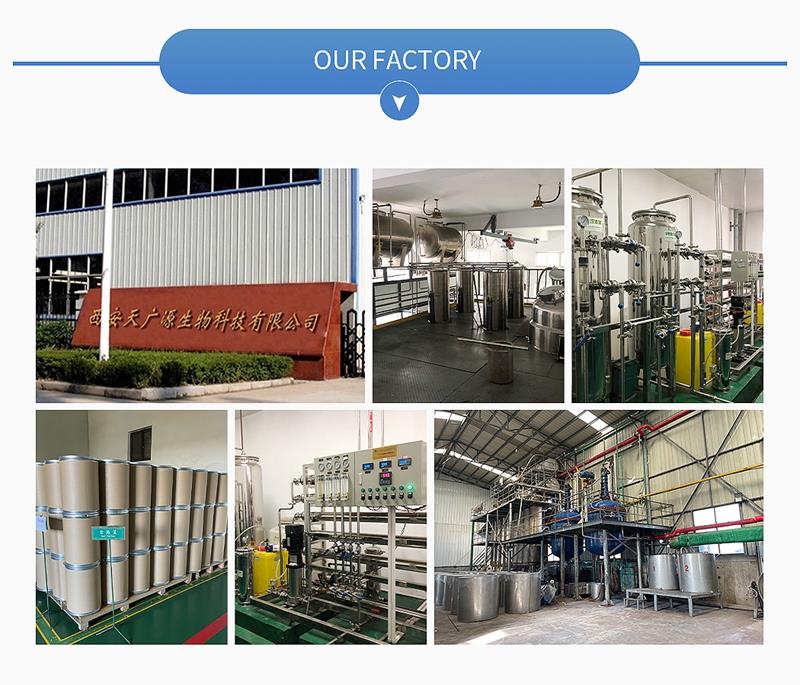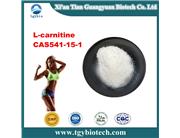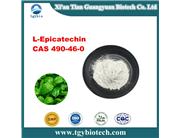L-Carnosine NEW
$ 120.00
/1Kg/Bag
- Min. Order1Kg/Bag
- Purity99%
- Cas No305-84-0
- Supply Ability1500kg/month
- Update time2024-09-18
Enterprise Verified
Business Bank account
Basic Contact Infomation
Business Address
Manufacturer
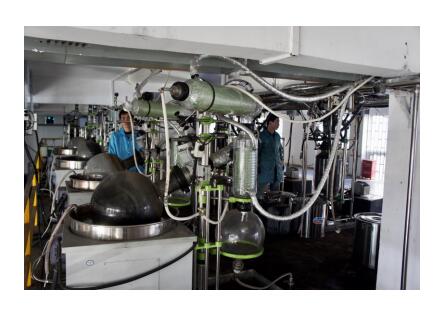


Chemical Properties
| Product Name | L-Carnosine |
| CAS No | 305-84-0 |
| EC-No | 206-169-9 |
| Min. Order | 1Kg/Bag |
| Purity | 99% |
| Supply Ability | 1500kg/month |
| Release date | 2024/09/18 |
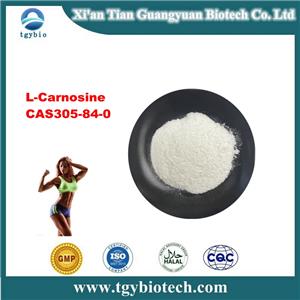
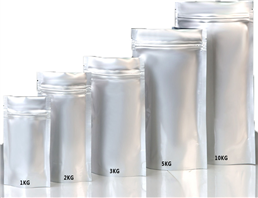
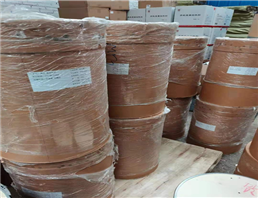

 China
China



